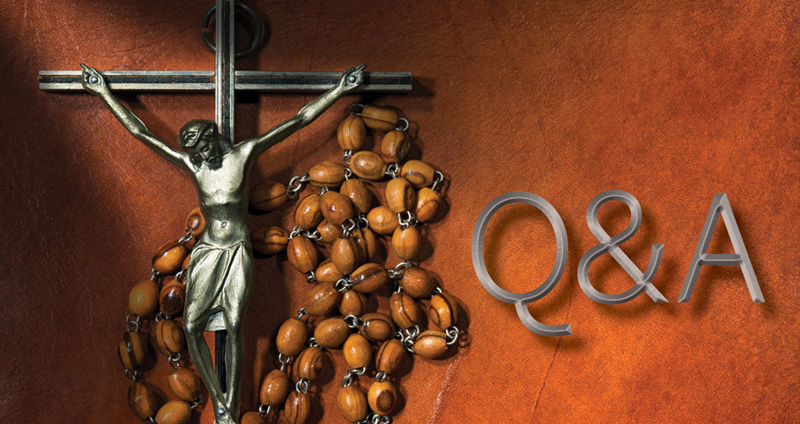
Anyone who has sat in a waiting room or kept vigil in an ER or ICU can probably verify this: Some heart-rending conversations can be overheard, and none of them seem to be concerned with whether the day’s Dow is high or low or what Janet Yellen and the Fed might be doing next.
There are occasions which seem to twist time and reset priorities, and family emergencies are such events. Those of us who have accompanied others in the aftermath of accidents, health emergencies, natural disasters, or sudden deaths know the daze of loss. We’re helpless and know it, even as the second hand on an old clock seems somehow stuck. We feel as though we are running in place. Later, though, we realize that calamities, even those that resolve, have changed us. Our perspective has shifted.
What one day seemed like a must-attend social event was easily jettisoned. What last week seemed like the critical goal of the month is forgotten. Appointments were able to be changed and trips cancelled. We didn’t flinch as things fell off our calendars because something more immediate and important intervened.
God, who sometimes gets only honorable mention during our busy, busy, busy days comes front and center. When we are in crisis mode, we sooner or later know that we are not in control and that we are needy people. The one we most need is God.
Relationships snap into rightful perspective. We are forced to recall that to-do lists and deadlines aren’t more important than the folks we cherish. We realize that the people with whom we share life and a long history deserve more attention than the car that needs polishing or the yard that needs tending or the porch that needs sweeping. We also notice that there are friends and neighbors who step in on remarkably short notice to pick up our slack.
Sundays and holy days were, in the beginning, meant to do what, these days, only critical situations seem to. Sabbaths are God’s intention and invention to reorder and restore our energies. They are structured to set our human relations straight. They’re strategies designed to get our attention. To be sure, there are things we must do to put food on the table and keep ourselves and others under roof. But good providers are those who define quality time in terms of prayer and a bit of healthy loitering with loved ones. It helps if we realize, with the author of the Book of Ecclesiastes, how much of what we think is important is really just vanity — even “vanity of vanities.”
For a number of years, I’ve spent some moments each January crafting a mission statement for the year. It has become briefer with time. 2017’s is wide (in breadth of gratitude, for example), yet also narrow (focused on what is right before my eyes). Let’s hope that all of us come to enjoy holier and simpler days without having to watch a gurney roll away.
Sister Pamela Smith, SSCM, is the Secretary for Education and Faith Formation at the Diocese of Charleston. Email her at psmith@catholic-doc.org.


